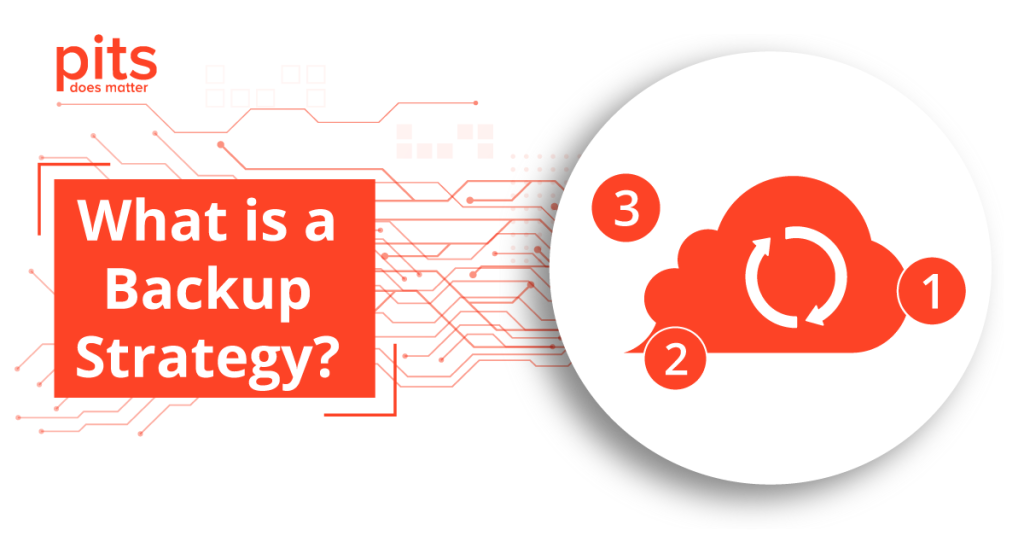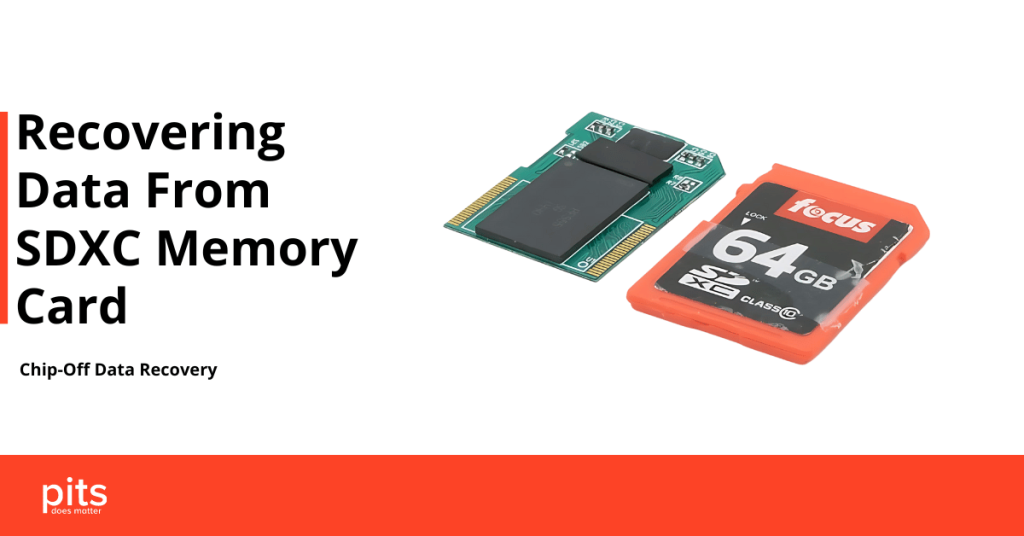In today’s digital landscape, data protection is more critical than ever. With businesses and individuals relying heavily on data, having a reliable backup solution is essential. Network Attached Storage (NAS) has emerged as a popular choice for backup solutions, offering several advantages. This blog post explores whether NAS backup solutions truly enhance data protection and how they can benefit users.
What is NAS?
Network Attached Storage (NAS) is a dedicated file storage system that provides data access to multiple users over a network. It allows users to store and retrieve data from a centralized location, making it an ideal solution for both personal and business use.
Benefits of NAS Backup Solutions
1. Centralized Data Storage
NAS devices provide a centralized location for storing data, making it easier to manage and access files. This centralization reduces the risk of data fragmentation and ensures that all backups are stored in one secure place.
2. Automated Backups
Most NAS systems come with built-in backup software that allows for automated backups. This feature ensures that data is backed up regularly without requiring manual intervention, minimizing the risk of human error.
3. Redundancy and Data Protection
Many NAS devices support RAID (Redundant Array of Independent Disks) configurations, which provide redundancy by storing data across multiple drives. In the event of a drive failure, the data remains safe and accessible from the other drives, enhancing data protection.
4. Remote Access
NAS systems often include features that allow remote access to data. This means users can access their files from anywhere with an internet connection, providing convenience and ensuring data availability even in emergencies.
5. Scalability
As data storage needs grow, NAS systems can be easily expanded by adding more drives. This scalability allows users to adapt to changing requirements without needing to overhaul their entire backup solution.
Considerations for NAS Backup Solutions
While NAS backup solutions offer many benefits, there are some considerations to keep in mind:
-
Initial Setup Costs: Setting up a NAS system can involve higher upfront costs compared to traditional external hard drives. However, the long-term benefits often outweigh these initial expenses.
-
Maintenance: NAS devices require regular maintenance and updates to ensure optimal performance and security. Users must be prepared to manage these tasks.
-
Security Risks: Like any network-connected device, NAS systems can be vulnerable to cyber threats. Implementing strong security measures, such as firewalls and encryption, is essential to protect sensitive data.
Conclusion
In conclusion, NAS backup solutions can significantly enhance data protection for both personal and business use. With benefits like centralized storage, automated backups, redundancy, and remote access, NAS systems provide a robust solution for safeguarding your valuable data.


